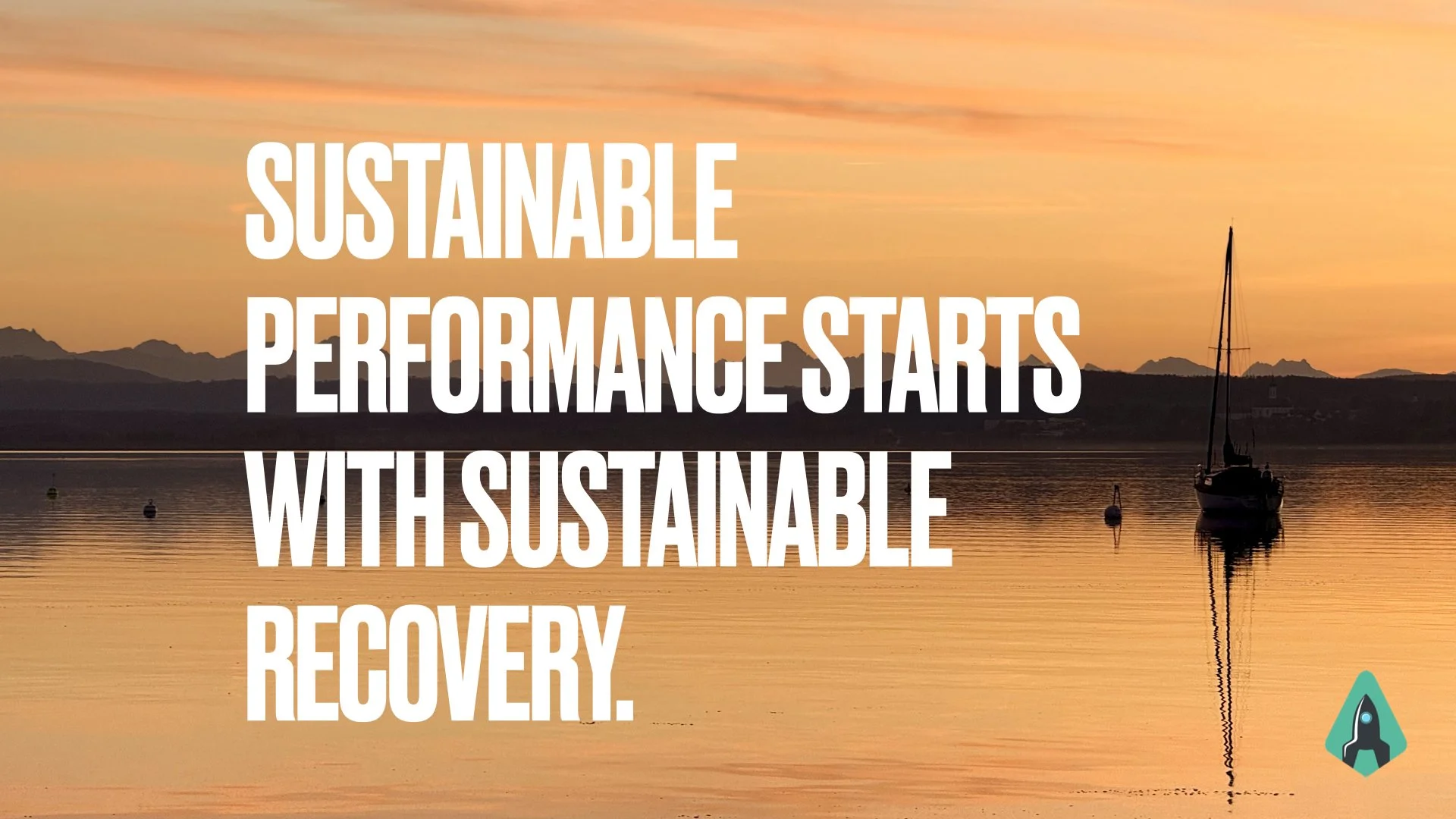Leisure Sickness: Why Rest Feels Like a Threat — and What We Can Do About It
You finally unplug. Your vacation starts. The pressure lifts.
And then... you feel sick.
Headaches, fatigue, insomnia, irritability — right when you’re supposed to be recharging.
Sound familiar?
If so, you’re not alone. And it’s not “just in your head.”
What Is Leisure Sickness?
A recent study by IU International University of Applied Sciences (Germany) found that:
1 in 5 employees report feeling sick or exhausted during their vacation.
Nearly 72% have experienced symptoms of what’s now called “Leisure Sickness.”
It’s not an official medical diagnosis, but the pattern is clear: the body and mind react negatively to sudden downtime — often just as weekends, holidays, or time off begin.
Why Does It Happen?
Researchers suspect a link to stress hormones. After long periods of high alert and pressure, the abrupt drop in adrenaline and cortisol may trigger symptoms — rather than relief. The system has no “off ramp.”
But it’s not just physiology. The study points to deeper organizational and behavioral factors:
High workloads
Lack of clarity in roles and tasks
Limited support from managers and colleagues
Constant availability, especially outside working hours
These are not individual problems. They are cultural patterns.
Younger Employees Are Especially Affected
Over 50% of employees under 25 in the study said their personal time doesn’t offer sufficient recovery to meet work demands.
Many stay “always on,” and their downtime is often filled with passive habits like scrolling or streaming — which offer distraction, but not restoration.
Importantly, the study also suggests that employees who engage in active, meaningful leisure activities (like sports, time in nature, social connection, or creative hobbies) experience fewer symptoms of Leisure Sickness.
Rest Is Not the Absence of Work — It’s the Presence of Recovery
From a leadership and organizational perspective, this insight matters deeply. Sustainable performance requires more than resilience. It requires intentional recovery — supported by a culture that enables it.
So what can leaders do?
5 Ways Leaders and Organizations Can Reduce Leisure Sickness
Normalize Recovery
Take time off yourself. Model boundaries. Don’t glorify burnout. Rest should be respected — not rewarded.Set Clear Expectations
Ensure tasks and roles are defined, realistic, and meaningful. Ambiguity creates tension that lingers long after hours.Limit “Always-On” Culture
Make availability after hours the exception, not the norm. Respect out-of-office status — including your own.Encourage Active Leisure
Share and support practices that restore energy: movement, nature, time with others, creative play. Passive recovery isn’t always enough.Foster Psychological Safety
Create space for employees to talk about stress, energy, and recovery — without fear of judgment or guilt.
A Culture Issue, Not a Personal Failure
If your team returns from vacation more drained than before, you’re not dealing with a productivity gap.
You’re dealing with a culture gap.
Let’s stop treating recovery like a luxury.
Let’s start treating it like what it truly is: a non-negotiable foundation for long-term health, motivation, and sustainable performance.
Want to reflect on your own team’s recovery culture?
Here are a few guiding questions to start the conversation:
Do people feel safe unplugging — and do they see their leaders doing the same?
Are roles, goals, and workloads realistic and clearly defined?
What types of downtime are encouraged or modeled?
Is recovery discussed openly — or treated as weakness?
Rest isn’t a retreat from success. It’s a strategy for it.

